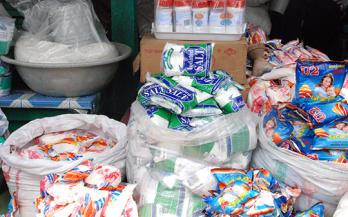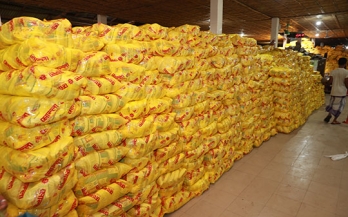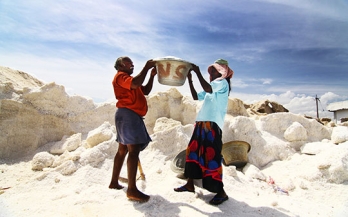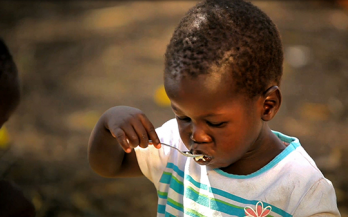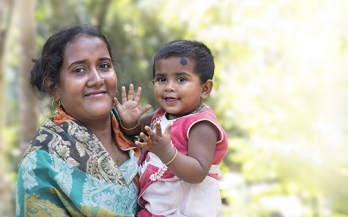- 19/04/2018
Regression analyses of data from stratified, cluster sample, household iodine surveys in Bangladesh, India, Ghana and Senegal were conducted to identify factors associated with household access to adequately iodised salt.
- 15/12/2012
The aim of this study was to review experience of the use of iodized salt in the food industry globally, and analyze the market context in Bangladesh and Pakistan to test whether this experience may be applicable to inform improved national universal salt iodization programming in developing countries.
- 12/04/2017
Household coverage with iodized salt was assessed in 10 countries that implemented Universal Salt Iodization.
- 05/12/2016
This commentary aims to discuss the multiple ways in which private sector can leverage its expertise to improve nutrition in general, and complementary feeding in particular.
- 08/06/2018
Rice production is invariably related to food insecurity which translates to the food shortage or lean periods. The objective of this study was to compare the effect of two major rice harvest seasons and the post‐aus rice harvest period on household food insecurity along with the contribution of relevant household characteristics.
- 12/04/2017
The efficacy of a number of interventions that include fortified complementary foods (FCFs) or other products to improve infant and young child feeding (IYCF) is well established. This article reviews key findings from 11 coverage surveys of IYCF programs distributing or selling FCFs or micronutrient powders in 5 countries.
- 12/04/2017
Large-scale food fortification (LSFF) of commonly consumed food vehicles is widely implemented in low- and middle-income countries. Many programs have monitoring information gaps and most countries fail to assess program coverage. The aim of this work was to present LSFF coverage survey findings from programs conducted in 8 countries between 2013 and 2015.
- 01/12/2015
The study’s objective was to assess dietary intakes of key micronutrients and the consumption pattern of potentially fortifiable foods, and then to model the potential impact of fortification of key staple foods.
- 14/01/2014
The present study aimed to determine the contribution of ID, infections and feeding practices to anaemia in Bangladeshi infants aged 6–11 months. Baseline data from 1600 infants recruited into a cluster-randomised trial testing the effectiveness of micronutrient powder sales by frontline health workers on the prevalence of anaemia were used.
- 13/11/2013
GAIN supports the manufacturing of multinutrient powders called Pushtikona targeted at infants aged 6 to 24 months. The overall objective of the evaluation was to identify strengths and weaknesses in program implementation, processes and uptake, which could ultimately affect program outcomes in Bangladesh.
